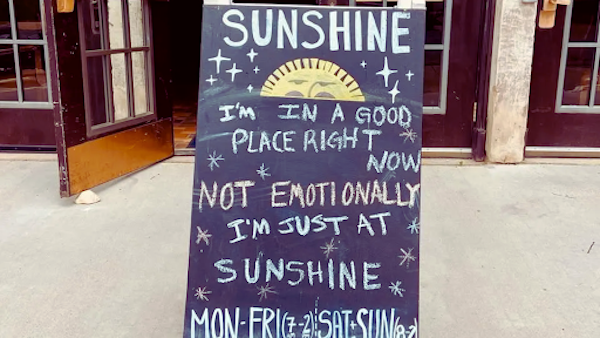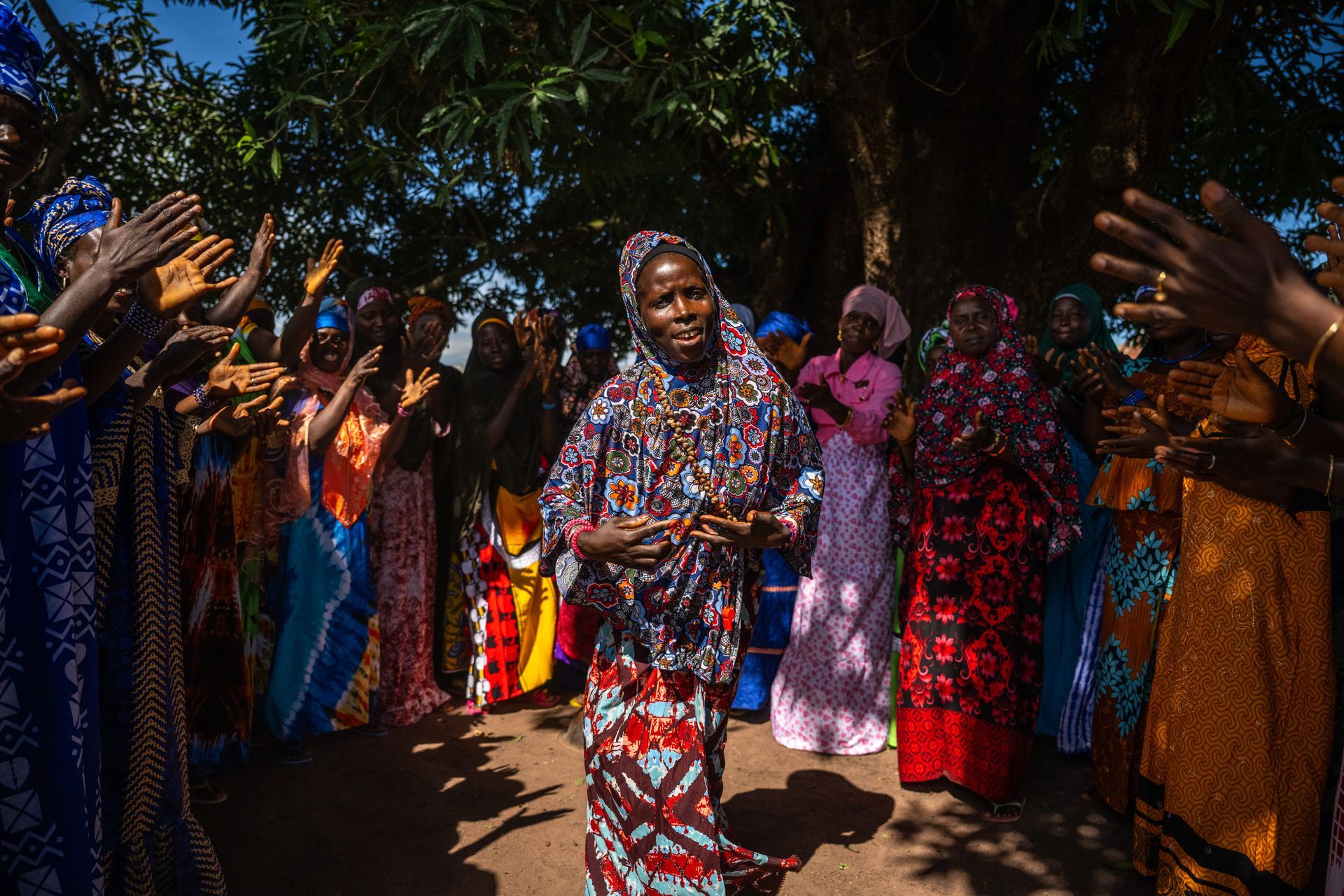Ponzi Schemes Are Destructive, Particularly the Biggest One: Global Overshoot
Mathis Wackernagel, PhD,
Co-founder of the Global Footprint Network and an ISSP Hall of Fame Honoree, offers a cogent account of the largest pyramid scheme ever: global overshoot of our planet’s regenerative capacity by at least 70%. Recognizing overshoot as the persistent context of our current economies is not an act of self-sacrificing heroism, but one of healthy self-preservation.
Overshoot occurs when more is taken from ecosystems than the ecosystems can renew – thereby depleting the stocks. Consequently, current overuse compromises future use. With persistent global overshoot becoming our new context, recognizing this context helps us make decisions that serve us. Ignoring it increases our fragility.
It is hard to imagine a more obvious case of a self-destructive pyramid scheme than ecological overshoot. Humanity’s resource overuse is clearly robbing the future to pay for the present. It requires constant depletion of our underlying natural wealth to maintain the current income. Ultimately, if not rectified, this ends in ecologically bankrupting humanity.
Given the damage they cause, financial pyramid schemes, or Ponzi schemes as they are called in the US, are illegal in most countries. Yet oddly, ecological ones are still encouraged, tolerated, or ignored. Their potential damage, though, is no less.
The stakes are high, yet the concept of overshoot is relatively simple to grasp. Surprisingly though, it gets little attention: for every 10,000 articles on climate change, there is only one on ecological overshoot, even though climate change is just a symptom of overshoot. This is unfortunate, because by recognizing the challenge from this larger issue that encompasses all competing demands on the biosphere — including climate change —paradoxically, it becomes more solvable. This scaled-up overshoot perspective helps us to see our ecological challenges in a new light: it becomes clearer that we are facing a resource security question that aligns incentives rather than just being caught in a hard-to-attack free-rider problem.
What do I mean by free-rider problem? Our single focus on climate, and particularly carbon emissions, gives people the impression that individual incentives (the cost of curbing my CO2) are at odds with societal incentives (the societal benefits of reduced CO2 emissions) — and many people are not willing to compromise their own advantage for the benefit of a distant humanity. But when recognizing that climate change, and all its associate ecological challenges, are ultimately a threat to our own resource security, it becomes more obvious that my company, city, or country’s ability to reduce its excessive resource dependence, including on fossil fuels, strengthens my company, city, or country directly. This resource security challenge is a different dynamic from free-riding. It makes clear that the ecological pyramid scheme we are addicted to will ultimately hurt us directly if we do not get out in time.
Pyramid schemes hurt society. But they hurt the participants even more directly. They are a scam in which Peter is robbed to pay Paul. Unfairly, these pyramid schemes are often attributed to Charles Ponzi, at least in the US. This reflects possibly another gender bias in our depiction of history. Fraudster Sarah Howe of Boston predated Ponzi’s racket by at least 40 years, back in the late 1870s and 80s.
With all the Ponzi schemes of the past, no one has so far been greater at implementing them than Bernie Madoff, whose version involved $65 billion of client money. His strategy, like that of his predecessors, consisted of relying on a steady flow of new client investments, which he used to provide “returns” to earlier investors.
Madoff took from the future to pay for the present. After the 2008 financial crisis made it more difficult to recruit ever more investors, this difficulty became the last straw to break that pyramid scheme’s back. Once he was caught, the jurisdictional system took Madoff’s future to pay for his past. In 2021, he died in jail, and much of the debt he generated persists.
Yet collectively, Madoff has been massively outdone: our current economies are running the largest pyramid scheme ever. We are depleting the Earth’s future biological resources to run present activities. Currently, humanity consumes the planet's biological resources more quickly than Earth can replenish them. Human demand now exceeds our planet’s regenerative capacity by at least 70%. Yet ecologists recommend not to use more than half the planet’s biocapacity to have a resilient biosphere with a healthy amount of biodiversity left. That equals over three times less than what is currently taken.
Whether financial or ecological, debt balloons eventually burst. Humanity's ecological debt shows up as excessive carbon in the atmosphere, collapsing fish stocks, shrinking forests, eroding soils, and groundwater drying up. You can find more on ecological pyramid schemes in my chapter in Strategies for Sustainability of the Earth System.
Pyramid schemes are bound to come to an end; the question is whether by design or disaster. I, for one, much prefer deliberate design over dumped-on disasters. But choosing design requires honest accounting and resolve, as Peter Victor lays out in his highly readable book, Escape from Overshoot: Economics for a Planet in Peril.
Of course, this ecological global pyramid scheme is not actively set up and run by a modern-day scoundrel. Instead, it results from the collective impact of millions of daily decisions by governments, businesses, consumers, citizens, and thought leaders, all acting on outdated assumptions about economic and social dynamics and their relationship to our planet’s ability to support us all.
What does this mean for sustainability professionals? Choosing more realistic assumptions that recognize our context of overshoot can therefore help us find ways to reduce each of our individual risk exposure to this pyramid scheme. It even enables us to pick and shape investments in projects that have a far higher likelihood of staying valuable, or even gaining in value. Because, by and large, assets that stay functional are valuable. Therefore, it is a question of identifying assets that can also function in a world of persistent overshoot, one that will experience more climate change and resource constraints. Potentially the most valuable assets are those that diminish overshoot as they scale.
I will not bore you here, but for those interested, such characteristics are measurable, particularly how much an asset can shift global overshoot. Examples of products that, as they multiply, can reduce global overshoot abound: wind turbines that displace coal power, effective insulation that reduces energy needs of houses, e-bikes that are swapped for cars, photovoltaic panels that replace conventional electricity and roofs, recycled materials that get used instead of virgin input, etc. We have called this the power of possibility. And if you need more examples, just ask www.perplexity.ai: “As the future will be ever more defined by climate change and resource constraints, what kind of assets will become more valuable in that future?” It will generate plenty of answers to choose from.
It would be unreasonable to expect that such a short blog could offer comprehensive guidelines on how to solve
overshoot. But I will feel satisfied if I am able to provide you with two insights: a)
yes, overshoot is a Ponzi scheme, and b) recognizing overshoot as our context is not an act of self-sacrificing heroism, but one of
healthy self-preservation.
About the Author:
Mathis Wackernagel, PhD
Co-founder, Global Footprint Network
ISSP Hall of Fame Honoree
PHOTO: Nastya Dulhiier | Unsplash
Read perspectives from the ISSP blog



